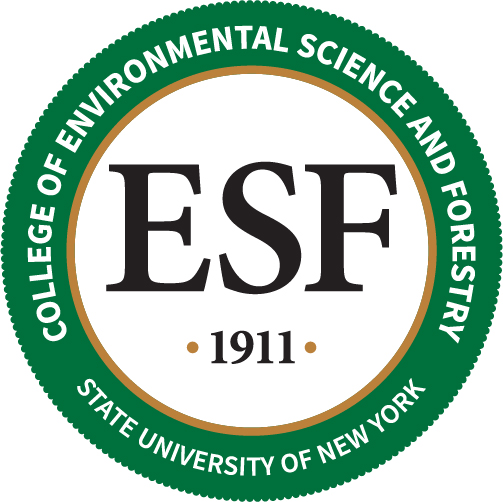Music From Their Ears
SUNY College of Environmental Science and ForestryA fisheries ecologist and a colleague with expertise in music have developed a new way to tell the story of how oxygen depletion in the world’s oceans stunts the growth of economically valuable cod — they put the fishes’ history to music and let them “sing.”
